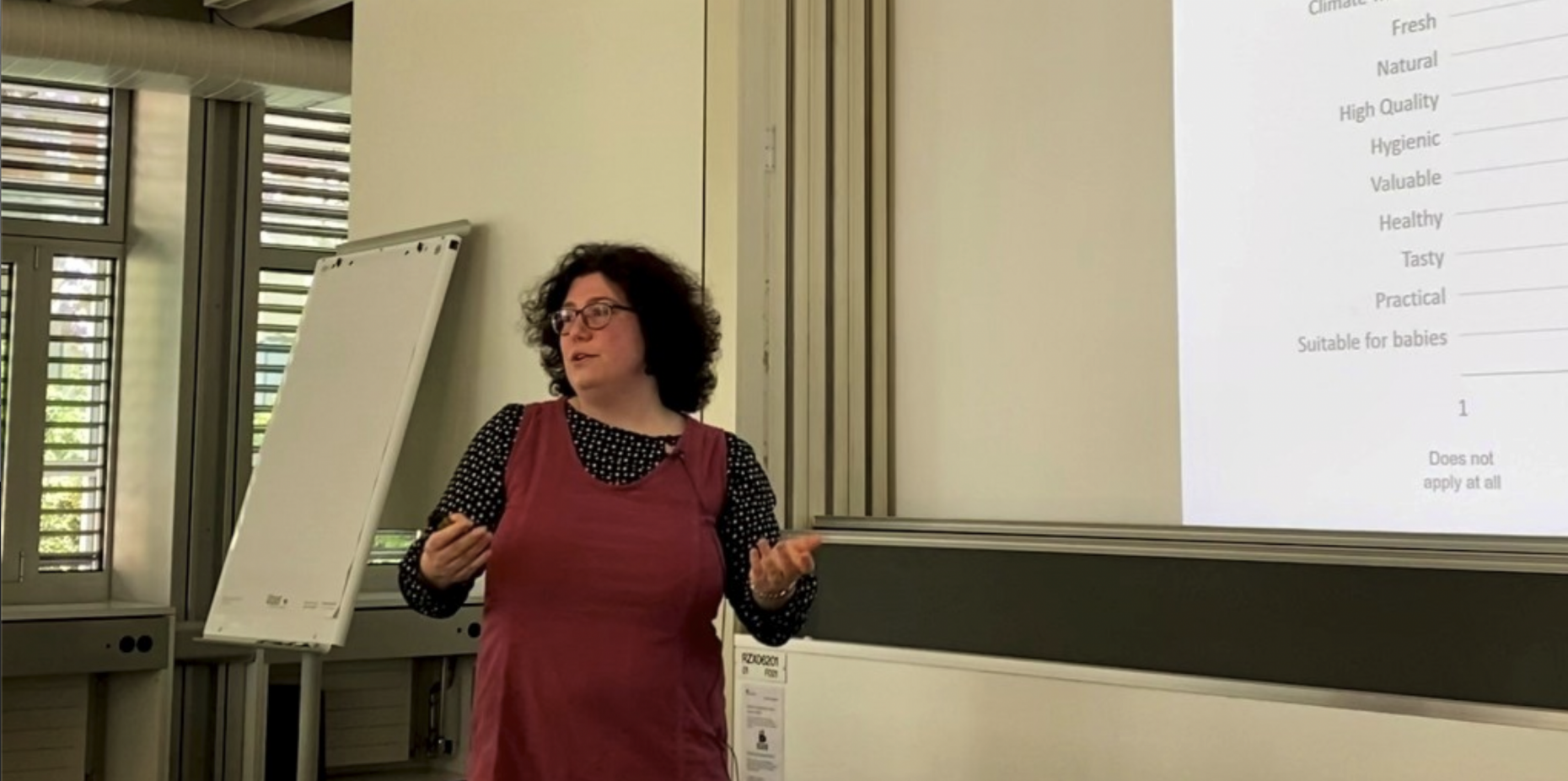Bottled or tap? Determinants of water consumption in Germany
Apparently, the average person in the EU consumes up to 106 litres of bottled water per year even though it is much more expensive than tap water and leads to higher amounts of plastic waste and greenhouse gas emissions. Coherently, Jale poses the question “Why do people purchase water? Why don’t they drink tap water?” in her research. Germany ranks top in terms of market share of bottled water - a market that is still growing and considered unsaturated. And this even though Germany has very high tap water quality. Bottled water is relatively heavy compared to soft drinks, where only the syrup needs to be transported, which increases the carbon footprint of bottled water. Thus, we see that drinking bottled water is not only more expensive but also not very environmentally friendly. Therefore, it makes sense that Jale asks why people choose the more expensive one out of the two perfect substitutes.
by Fabian Bättig and Anna Ingwersen

Not everywhere in Europe does the issue have the same relevance. In Iceland, for example, there are no recycling systems for PET-bottles, so more bottles end up in regular waste streams. Also, drinking water habits differ geographically in Europe.
The regional distribution of water quality in Germany ranges from high to very high. This is different in Italy, where the quality of tap water varies much more. Therefore, the results in Italy are not as surprising as in Germany. The German situation is puzzling from an economic perspective, too: a litre of tap water costs about 0.2 cents in Germany, while the cheapest bottled water Jale could find costs about 17 cents per litre. Apparently, even though consumers generally know that tap water is cheaper, they still drink more bottled water than tap water in Germany.
Understanding Water Drinking Behavior
To understand the German water drinking behaviour, Jale researched several potential underlying causes through a survey. The underlying causes she investigated were the perception of quality and security, taste preferences, knowledge, lifestyle choices (i.e., how we consume), political attitudes and environmental concerns.
The survey was balanced in most aspects - age, gender, education and in terms of population of the different federal states. One aspect, in which the survey was not balanced, was political orientation. This could be explained by the fact that the topic likely attracted people with high environmental interest and concern more. This hypothesis was reflected in the party affiliation distribution of the respondents - mainly the Greens and the SPD.
The Three Hypotheses
Scientific literature is clear: water drinking habits are caused by different factors, many of which date back to early childhood. In the survey, parents and family were mentioned as the main influence on peoples’ water drinking habits.
Building up on literature, three hypotheses were formed:
- Left-leaning individuals have a higher likelihood of mostly drinking tap water at home than right-leaning individuals. This comes partly also from a tendency to have more environmental concerns as a left-leaning individual.
- Individuals who support the Green Party have a higher likelihood of mostly drinking water at home, due to a pro-environment orientation.
- Individuals who support the Left have a higher likelihood of mostly drinking tap water at home, due to an anti-capitalistic orientation.
Results
Interestingly, the results of the survey, only support the second hypothesis: respondents that vote for the Green party are more likely to drink tap water. These findings show a relationship between pro-environmental behaviour and a preference for drinking tap water compared to bottled water. Voting for the Left is only correlated with a slight, non-significant preference for tap water. The Lefts’ consumer behaviour is influenced by an anti-capitalistic world-view - namely, the conviction that water is a public good and not a company’s property to be sold.
The first hypothesis was also not supported by Jale’s findings. Although left-leaning respondents were more likely to drink tap water, there was no statistical significance. Other factors that significantly affected respondents’ water drinking behaviour were gender, education, and the belief in climate change.
Conclusion
There exists a tap-water related puzzle in Germany - a lot of people buy more expensive bottled water, although the tap water is of high quality and is easily accessible. This is problematic from an environmental perspective, as bottled water has higher impacts on the environment than tap water. Only one of the three hypotheses described can be supported by the available data: people who support the green party are more likely to drink tap water, mainly because of environmental concerns. Generally, the connection between political orientation and consumer behaviour is an interesting one that could be subject to further research.
We would like to thank Prof. Dr. Jale Tosun for her insightful presentation.
To get a broadened sense of the ISTP and our topics of interest and past seminars visit our Colloquia page.